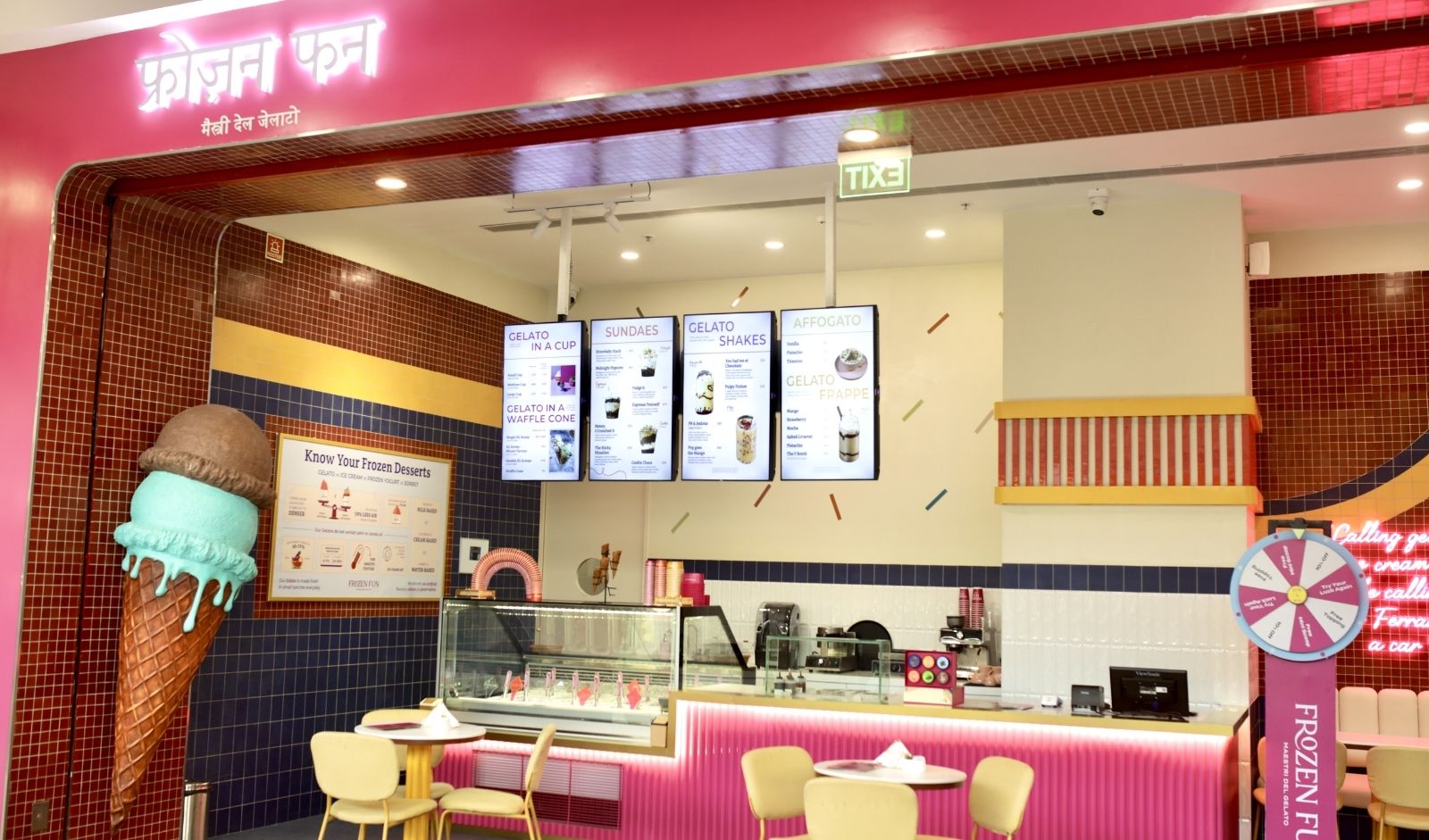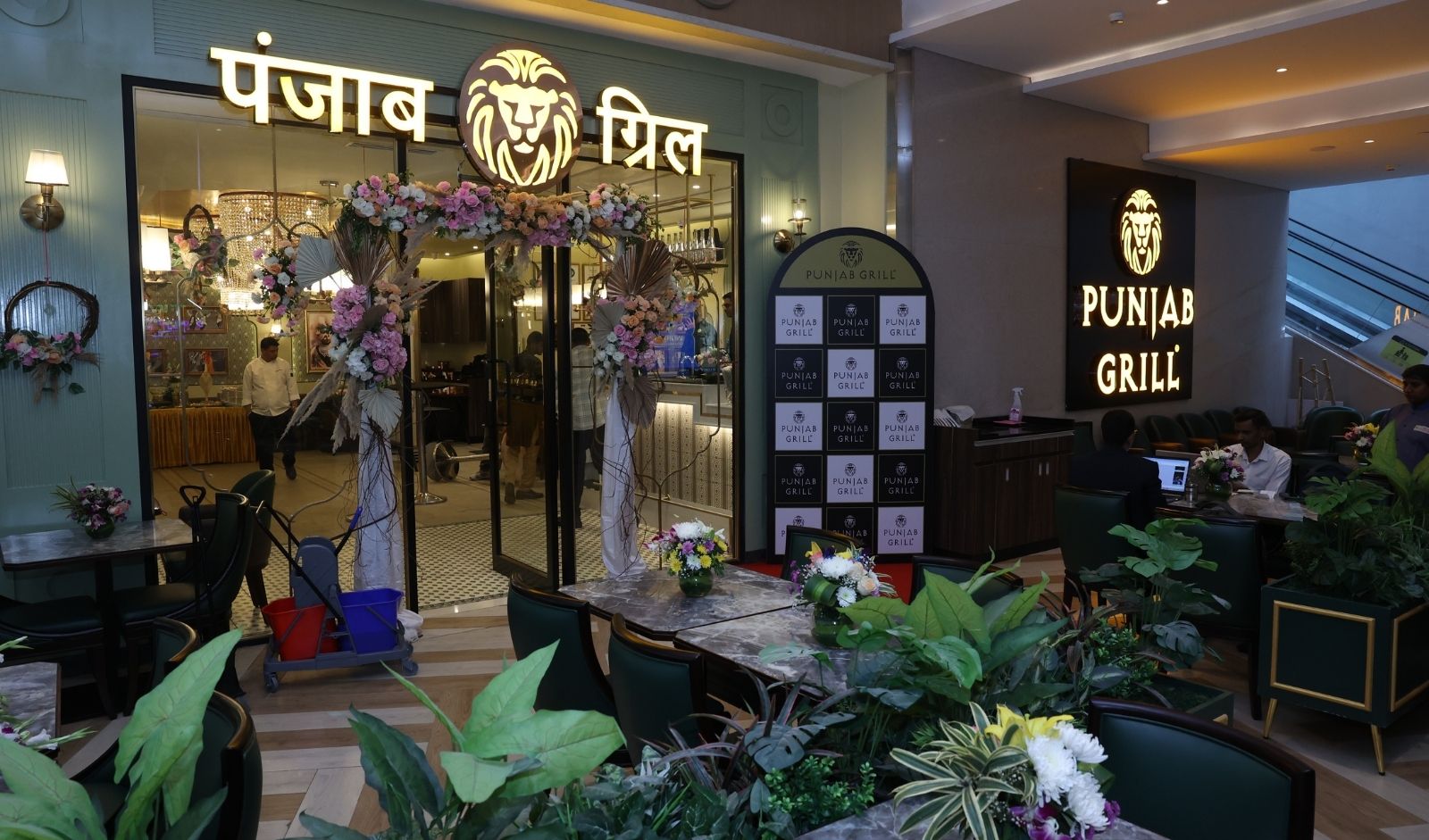
Correspondent, IndianRetailer.com & Retailer Media May 28, 2024/
The craft spirits market in India is projected to grow at a CAGR of 35.6 percent from 2024 to 2030, according to a report by Grand View Research. Emerging brands are drawing inspiration from India's rich heritage to disrupt the craft and artisanal spirits space. Launched in 2023, Ochre Spirits is a key player in this movement, offering a unique portfolio of flavor-rich, artisanal spirits aimed at redefining consumer expectations. With a target of becoming an Rs 100 crore brand within the next four years, Ochre Spirits is expanding its product range to include some of the industry’s most diverse and rare flavors.
Ochre Spirits recently opened one of the industry's first craft spirits "Tasting Rooms" in Goa, with plans to expand to Bangalore, Pondicherry, Mumbai, and Gurgaon. The brand aims to capture the evolving spirits preferences of both Indian and global consumers, focusing on craft spirits that are not mass-produced.
John Royerr, Founder stated, “At Ochre, we challenge the status quo by delivering spirits that marry daring flavors with smoothness, avoiding the conventional harshness associated with distilled beverages. We have a vision to revolutionize the landscape of craft spirits and elevate Indian craft spirits to innovative excellence on a global platform. Since our launch, our Berry flavored rum and Peach and Cherry flavored vodka have gained market attention. We are also launching two flavored gins and a Citrus flavored rum in the second quarter of FY 2024. Our goal is to capture over 10 percent of the premium flavored spirits segment and 5-7 percent of the craft spirits market within the next four years.”
Ochre Spirits is quickly establishing itself with its eclectic range of flavored rum and vodka, designed to cater to the growing cocktail culture. These products offer bold and vibrant flavors that stand out without the need for sugary mixers, enhancing the natural richness of each spirit. The brand's offerings include Berry Vodka, Apricot and Plum Vodka, Rose and Raspberry Gin, and Kiwi and Pear Gin, currently available only at its tasting room in Goa. The brand also plans to introduce a line of agave spirits by the end of FY 2024.
In its initial phase, Ochre Spirits plans to bottle and distribute selected variants of its craft spirits across retail outlets and institutions in Goa, Karnataka, Kerala, and Puducherry. This expansion aims to provide unique, premium alternatives to conventional brands, widening its customer base. Additionally, the company plans to export to the Middle East, introducing its distinctive flavors to a global audience.
Addressing industry trends, John shared, “The spirits industry is in a phase of transformation. While traditional choices are enjoying steady growth, experimental spirits and cocktails are gaining strong momentum. This trend is not limited to the elite but is becoming popular among global masses, which is where we see a promising future.”
Ochre Spirits aligns with young, discerning customer trends by promoting indigenous ingredients and highlighting products closer to nature. The brand is committed to sustainability practices, partnering with NGOs focused on water conservation and contributing to environmental efforts.
Targeting millennial and GenZ consumers, Ochre Spirits merges classic distillation methods with bold, modern flavors. Their collection, featuring sophisticated and unexpected notes, aims to set new benchmarks in the alcoholic beverages industry.
Copyright © 2009 - 2026 Restaurant India.








